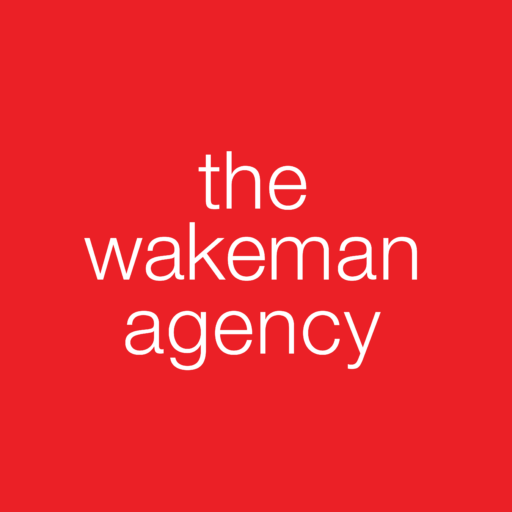Job Vacancy – Event Planner: Coordinate events, booking entertainers, decorating facilities, ordering flowers, hiring wait staff and sampling menu. Serve as timekeeper and resource planner, managing invitations and assets (projectors, printers, lighting).
A garden-variety look at the typical job descriptions for event planner reads much like this. Though the duties outlined are vital to the success of a well-run event, the responsibilities are more task-oriented than strategic. The description echoes “to-do’s” rather than “why should we do’s.” Event planning, within some circles, is still relegated to a rather finite realm – one that touches and focuses on a gala, dinner or other event experience, exclusively. But throwing a fun party where the beverages are flowing and the guests are laughing is but one piece of the event-planning puzzle.
And it’s a puzzle whose pieces grow increasingly distinct and complex as industry demands evolve.
“I’ve been in this industry since 2003,” says Vanessa Wakeman, founder and CEO of New York City-based event planning and PR firm The Wakeman Agency. “When I started, the role of the event planner was more focused on the glamour of the event.”
In times past, the glitz, ambiance, merriment and the esprit de corps among attendees were the most visible indications of a successful event. Laypersons in attendance may even rate events according to these more surface-level factors. But for those stakeholders behind the scenes, an event is often a means to a vital end, rather than the end itself.
[tweet bird=”yes”] Effective, in-demand 21st century event planners are more than party coordinators. [/tweet] They wear many hats and possess the adaptability to meet the needs of diverse constituencies.
“Today, the event planning function has transitioned into more of a strategic role focused on creating experiences that lead people to respond to calls to action,” Wakeman explains. “Especially in the case of nonprofits, event planners are playing a greater role in fundraising and understanding how their efforts directly impact event revenues.”
Organizations looking to stay competitive and successful must assess the bandwidth of their event planning proficiency according to expansive capabilities. Internal event planning teams, in the nonprofit, business or startup sector, should be robust in their skills, knowledge and cross-functional impact. Specifically, solid, results-focused event planners these days need to be:
Negotiators. Event planners have long been known to drive a bargain. From getting discounts on decorations to finessing free add-ons for service packages, the best event planners know how to maximize a dollar. However, negotiation goes beyond just driving down prices or cutting an impressive deal. It means having the facility to tackle tough conversations today with later, future objectives in mind. It requires the tact and diplomacy to build mutually beneficial partnerships with other best-in-class vendors, suppliers and service providers, leading to partnerships deepened by reciprocity. Negotiation takes the discipline to delay immediate gratification in pursuit of an end goal that could have a much bigger payoff later. Negotiation is maximized when relationships are cultivated and nurtured, with a blend of give and take.
Strategists. Event planners should see their role beyond next week’s event or next year’s gala. Organizational events always have a business purpose. Whether raising money, building awareness, increasing activism or recognizing greatness, event planners should understand the nuances behind the festivities. An event is an operational endeavor, not a purely social set-aside. When event planners can undergird their strategy in the context of the bigger picture, new and more innovative ideas are likely to take root. Plus, they will create linkages between action items and measurable results, targeted behaviors or return on investment.
Researchers. We are in the age of big data. Analytics and metrics abound, even within industries or for roles in which the ROI is more qualitative than quantitative. Today’s event planners shouldn’t approach each event in a vacuum, but instead as a progressive sequence of activities united by a core business goal, or goals. Savvy planners’ post-event analysis may compare results to previous engagements, evaluating attendee numbers, expenses, facility outlay, vendor performance, food quality, responses to calls to action and more. They may also create and review event surveys to assess the perspectives of general audiences, special guests, third-party providers and others. Through technology, planners can event export the results in graphs and spreadsheets – a language that speaks to organizational finance and business leaders.
Connectors. Event planners not only know how to throw a good party, they should be aware of how events can forge strategic relationships. Event connectors can be the invisible glue that serendipitously brings the right people together. When it comes to making suggestions about the invitee list or proposing ideas about who is on the agenda and when, event planners should be in the know. Their insights can make sure that the right people are in the room. Need more visionary volunteers? Looking to strike gold on a new capital campaign? Seeking an advocate as the face of an emerging campaign? Have event planners chime in and count on them to develop invitee lists strategically.
Wakeman says: “Event planning has become a sweet science. At The Wakeman Agency, it’s a blend of strategy, relationship building, quantitative analysis, client management, needs assessment, cross-functional collaboration and more, with a knack for bobbing and weaving – with grace – on the fly. ”
If you are an event planner, how are you keeping your skills fresh to embrace the expanded possibilities of your role? Share with us how you’ve seen client expectations evolve over time. Join us on The Wakeman Agency’s Facebook community to chime in.
